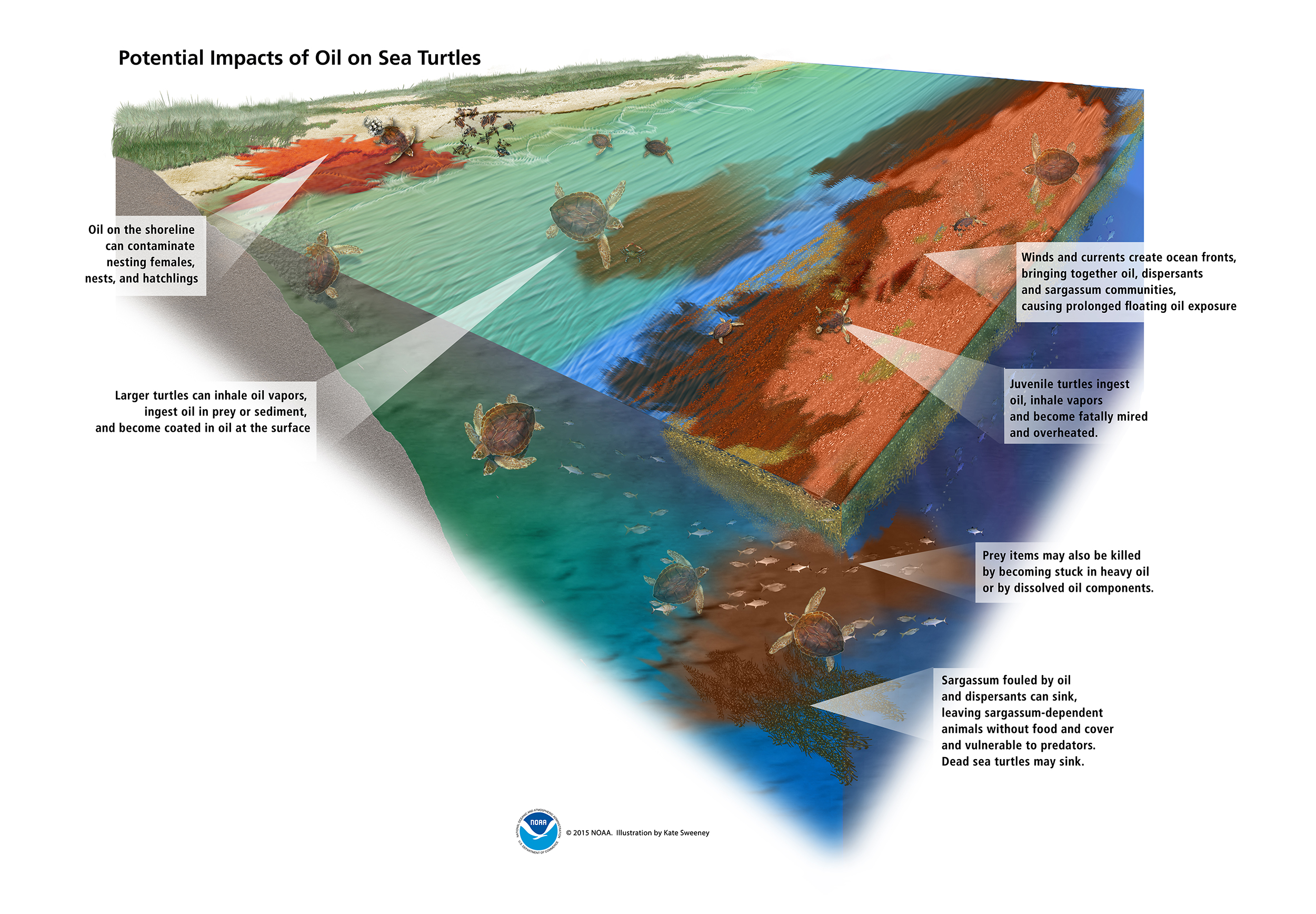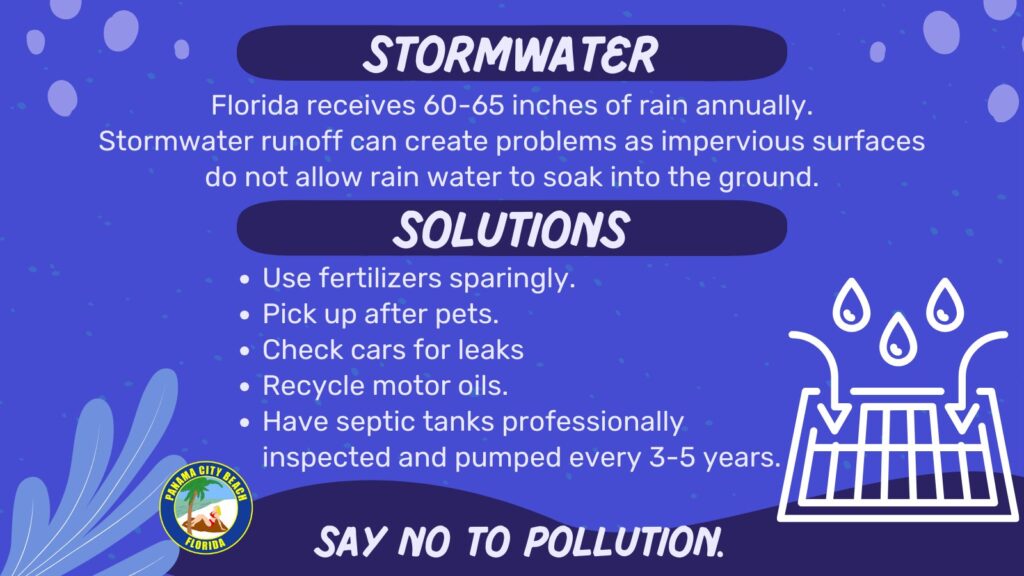Oil spills can have devastating effects on living organisms and ecosystems. When oil is released into the environment, it can contaminate water, soil, and air, posing serious threats to plants, animals, and humans. Let’s explore how oil affects different living things.

Credit: www.weforum.org
Impact on Aquatic Life
Oil spills in oceans, rivers, and other water bodies can have catastrophic consequences for aquatic life. The oil forms a slick on the water’s surface, preventing oxygen from entering the water and blocking sunlight. This disrupts the delicate balance of aquatic ecosystems and can lead to the following effects:
- Coating of feathers and fur of marine mammals and seabirds, reducing their ability to regulate body temperature.
- Toxic effects on fish and other aquatic organisms, damaging their gills and internal organs.
- Contamination of the food chain, as smaller organisms absorb oil and pass it on to larger predators.
- Long-term damage to habitats such as coral reefs and mangroves, affecting the biodiversity of marine ecosystems.

Credit: response.restoration.noaa.gov
Impact on Terrestrial Life
Oil spills on land can also have significant impacts on terrestrial life. When oil seeps into the soil, it can affect plant growth and soil quality. Additionally, exposure to oil can harm animals and humans through direct contact or ingestion. The following are some ways in which oil affects terrestrial organisms:
- Damage to plant roots and leaves, inhibiting photosynthesis and nutrient uptake.
- Toxicity to insects and other invertebrates that play essential roles in ecosystems.
- Contamination of groundwater, affecting drinking water sources for humans and animals.
- Health problems in animals that ingest oil-contaminated food or water.
Impact on Air Quality
Oil spills can also impact air quality, especially when oil is burned or evaporates into the atmosphere. The combustion of oil releases pollutants such as sulfur dioxide, nitrogen oxides, and particulate matter, which can contribute to air pollution and respiratory issues in humans and animals. The following are some ways in which oil affects air quality:
- Formation of smog and haze, reducing visibility and affecting respiratory health.
- Contribution to global warming through the release of greenhouse gases like carbon dioxide and methane.
- Creation of acid rain when sulfur dioxide and nitrogen oxides react with water vapor in the atmosphere.
- Health risks such as asthma, bronchitis, and cardiovascular diseases due to exposure to air pollutants.
Mitigation and Remediation
Efforts to mitigate and remediate the impacts of oil spills on living things are crucial to protecting the environment and public health. Various techniques and technologies are used to clean up oil-contaminated areas and restore ecosystems. Some common remediation methods include:
- Bioremediation, where microorganisms are used to break down oil contaminants into harmless byproducts.
- Containment booms and skimmers to collect and remove oil from the water’s surface during a spill.
- Physical removal of oil-contaminated soil and vegetation to prevent further spread of pollutants.
- Use of dispersants to break up oil slicks into smaller droplets that can be degraded more easily by natural processes.
Education and awareness campaigns are also essential to prevent oil spills and promote sustainable practices in industries that handle oil and petroleum products. By understanding how oil affects living things and ecosystems, we can work together to minimize the environmental impact of oil spills and protect the health of all living organisms on Earth.


